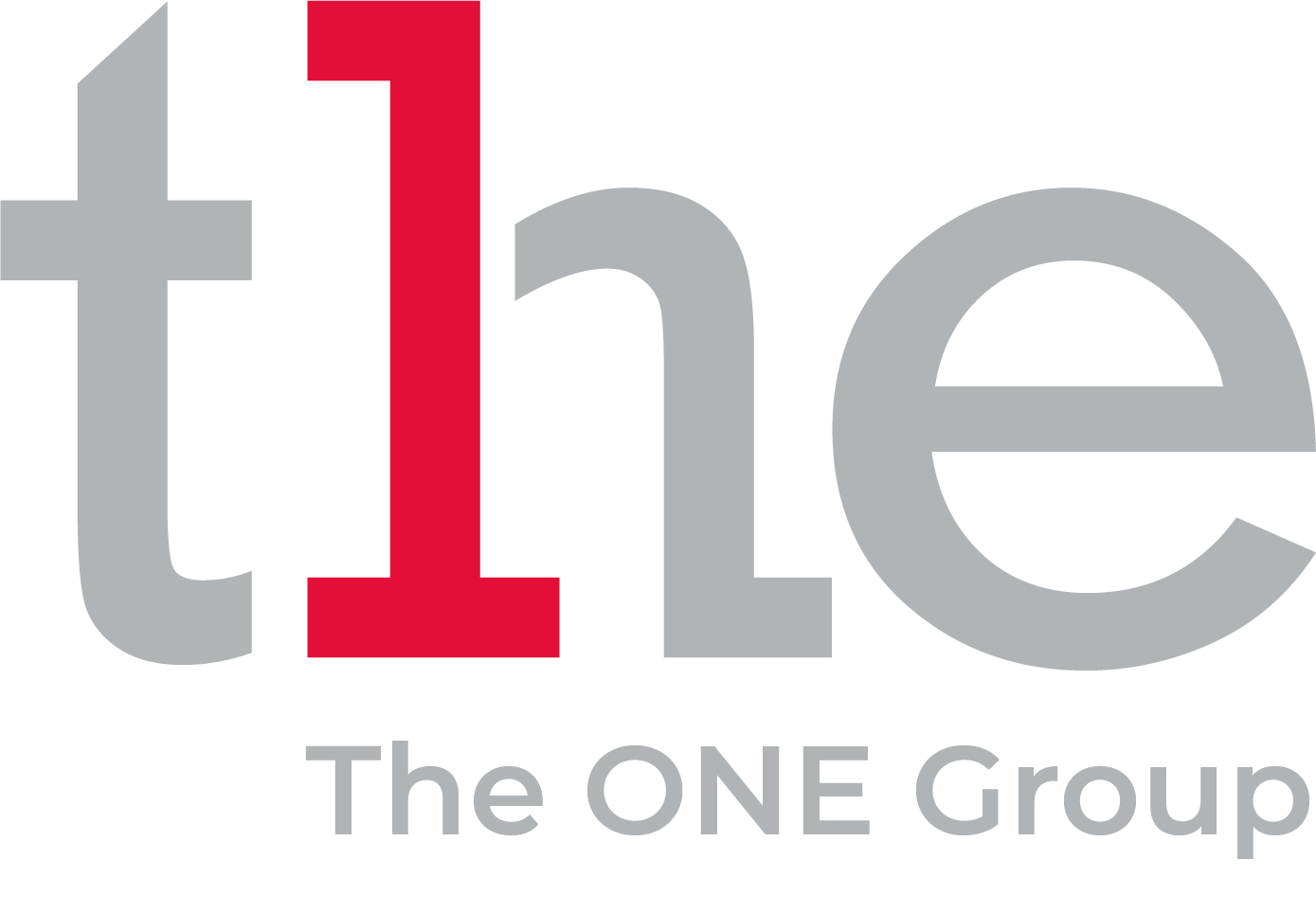In a world traditionally dominated by males, we explore why it has been so difficult for women to break barriers and forge careers in Tech and IT. Talking all things gender in Tech can be quite a controversial and tabooed topic – that perhaps is easier to avoid than confront.
Despite campaigns promoting diversity and inclusion at work, a staggering 88% of respondents to our 2019/2020 Salary Survey, declared themselves as males working with in technical, engineering or information technology sectors. This isn’t just a problem seen across the region – several reports and opinion highlight that this is a global trend. For example, a Top total report suggested that less than 7% of women holding a technical position in Europe, with companies like Facebook having a female population of 32% - just 16% hold a technical role. This seems like a problem that is yet to be concurred by organisations.
“We need women at all levels, including the top, to change the dynamic, reshape the conversation, to make sure women's voices are heard and heeded, not overlooked and ignored.” Sheryl Sandberg, COO of Facebook.
Hollie Church, Senior Consultant within our Technical division posed the question to her LinkedIn followers; “Why do you think the tech industry is so male-dominated?”. The conversation led to the following conclusions being drawn:
Gender stereotyping. From a young age, traditionally women were conditioned into believing gadgets, cars, and computers are for boys, and therefore lacked encouragement and incentive to explore technology further. In a survey conducted by PWC’s ‘Women in Tech’ report, only 27% of females suggested they would take up a career in technology, with 3% suggesting this would be their first choice.
Leaders in the workplace tend to be male by virtue. Working in a predominately, if not exclusively male environment could and has been intimidating for women, particularly when the opportunity for progress in their career may be limited or subject to a biased environment. Role models and supportive line managers could make the difference - but can be difficult to find. PWC found that only 22% of students could name a famous female working in a tech space. Could you become a role model and pave the way for other women in the industry?
Lack of flexibility. Having the opportunity to work flexibly around family life is often something that women seek. The social construct that ‘women should be at home with the children’ has fallen away – but for certain industries such as the technical, engineering or information technology sectors flexibility can still be difficult to find. These sectors often operate in shifts or more often than not, in favour of full-time working positions.
Job adverts often use masculine wording. Opportunities are often presented to candidates using masculine wording and phrases, that can often put women off trying to apply for such roles. Therefore, focusing on using more gender-neutral language should be encouraged so that both genders consider applying, this will not only widen the net for candidates that could apply for a role but may also be a means of bringing fresh ideas and a new perspective. This can be seen within companies like Vodafone, who have used AI to produce gender-neutral ads, receiving a 7% increase in female recruits.
Why is it so important to encourage gender balance and diversity? What could attracting the next generation of females bring to the tech space?
Despite the traditional stereotypes and lack of external encouragement – the benefits of diversification within teams prevails and could seriously benefit your organisation.
Profit - Research by McKinsey highlights how companies in the top quartile for gender diversity are 35% more likely to hold greater financial returns than the industry as a whole.
Women consume technology too - It’s not just males who consume and use technology – women do too! Therefore, surely organisations would benefit from the opinion of women, to ensure products and services are tailored for all? This is emphasised in PWC’s ‘Women in Tech’ report detailed earlier, and by BAE’s HR director, John Welan who commented, “Employing women in engineering isn’t a ‘nice to have’, it’s a business imperative,”.
Attracting the next generation of talent - With every new generation that joins the workforce, comes a new wave of wants, needs, and ideals. According to our latest salary survey 2019/20 this focus is now shifting to work environment, culture and subsequently the diversity and inclusion shown by an organisation. For women in particular, research by PWC within the ‘Women in Tech’ report highlights how 50% of women underline how a feeling of making the world a better place – is the most important deciding factor for women when choosing a job.
How can we help?
Are you a woman in tech? Are you looking for your next career move? Or to break through barriers? Talk to us today about the type roles you’re looking to move into, whether that is in technical, engineering or information technology sectors.

